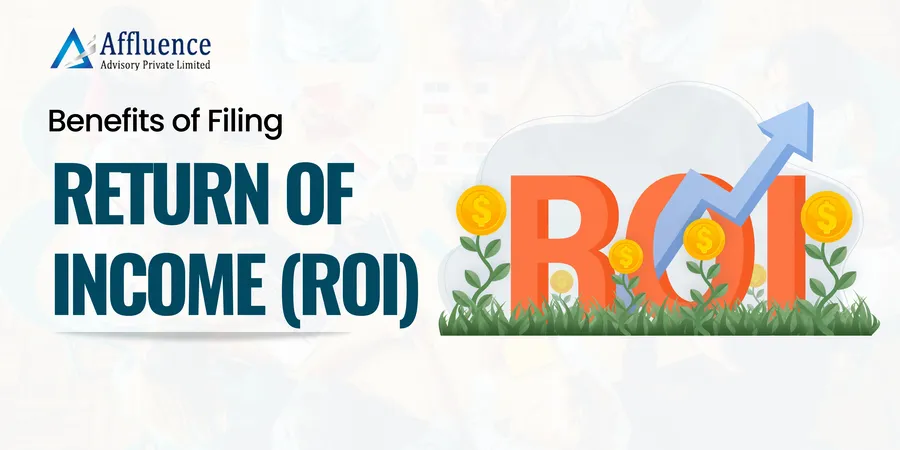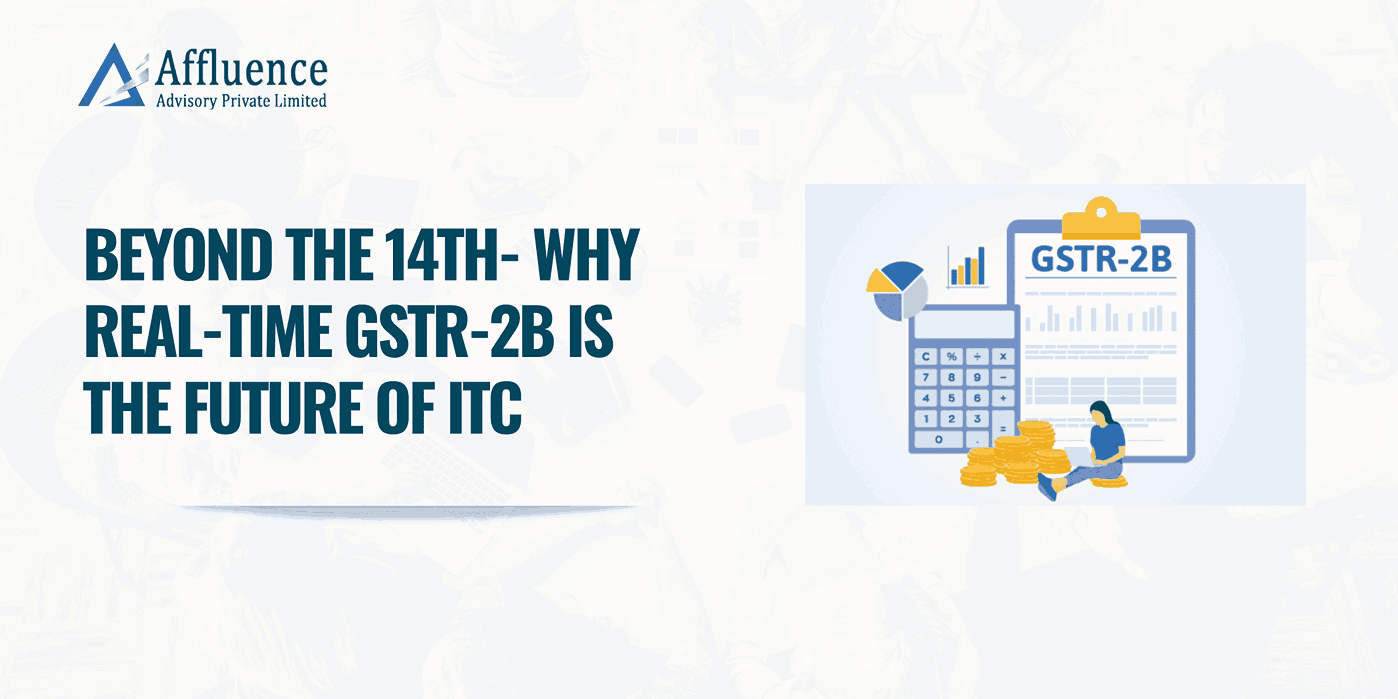INTRODUCTION
There are a lot of dilemmas especially around young earners/ influencers and seasonal employees whether one should file their return of income; when should one file their return of income; what are the benefits of filing the return of income (ROI), etc. In this article we made an attempt to discuss some of the benefits of filing income tax returns and what is the best way to go about the same.
Section 139 of the Income-tax Act, 1961 (IT Act) deals with Return Of Income (ROI). Sub-section 1 to section 139 requires every person to file their return of income where the total income or the total income of any other person in respect of which he is assessable under the IT Act during the previous year exceeded the maximum amount which is chargeable to income tax.
The Central Board of Direct Taxes (CBDT) releases Income-tax forms every year for each type of taxpayer. It is very important for a person filing their return of income to select the correct form while filing their ROI. Each form is for a particular type of taxpayer, further, the forms are based on the different sources of income that a taxpayer has earned and on the status i.e., Individual/company/HUF/LLP, etc., of the taxpayers.
Hence, it becomes important for the taxpayer to select the correct income-tax form at the time of filing their return of income.
BENEFITS OF FILING ROI:
- A mandate by the law: The provisions of the IT Act require every person to file their ROI where the person’s income has exceeded the maximum amount which is not chargeable to income tax. Therefore, not filing the return of income will result in non-compliance and the person may be served with notices for such non-compliance.
- Credit score: Reports have indicated that it is relatively easier to avail loan/ credit when the taxpayers have filed their return of income as it indicates the taxpayers’ financial stability to repay the loan. This way the loan/ credit providers have more assurance towards the repayment rather than the loan becoming a bad debt.
- Visa: Some countries require you to submit your ROI at the time of applying for visas as it reflects the spending capacity of the person, these documents are among the mandatory requirements as they illustrate the person’s civic responsibility.
- Losses can be carried forward: While it is a general awareness that when you earn income, you should report the same in your ROI and offer that income to tax, however, very few are aware of losses. Post covid the number of traders has increased in the stock market, while some are aware of how the market works, many have succumbed to online fraud leading to huge losses. The traders must be aware that they are eligible to carry forward these losses and set it off against profits in the future years. However, when they don’t file their return of income, the losses get lapsed.
- Claiming refund: It is a mandate in law that the payer must withhold taxes (subject to threshold limits) before making payments. It must be pertinent to note that where the income of the taxpayer does not exceed that maximum threshold limit subject to tax or where the income exceeds the maximum threshold limit but the taxes deducted are relatively higher, the taxpayer is entitled to a refund. Hence, it becomes important to file the ROI to claim the extra taxes that have been deposited in the government’s treasury.
- There are various other benefits such as ease of applying to government tenders, financial planning, etc.
Also Read: Who is required to file Income Tax Return (ITR)
WHEN IS THE BEST TIME TO FILE THE ROI?
There are prescribed due dates for each category of taxpayers. The law requires each taxpayer to file their return on or before the due date. Currently, the due date for Individual taxpayers is 31 July, therefore one must file their return of income on or before 31st July. However, the ideal time to file the ROI is once Form 16 is available (in the case of salaried employees) or once the taxpayers have all the relevant documents in place.
This brings us to what are the important documents one must have at the time of filing the ROI.
WHAT ARE THE IMPORTANT DOCUMENTS THAT ONE PERUSES BEFORE FILING THE ROI?
- Form 16 (in case of a salaried taxpayer, to be provided by the employer);
- Form 26AS (available on the income-tax web portal);
- Annual Information System (available on the income-tax web portal);
- Taxpayer Information System ((available on the income-tax web portal);
- Bank account statements; and
- Any other documents depending on the nature of income being offered to tax.
WHOM SHOULD YOU REACH OUT TO?
While there are various online/ automated platforms available that can meet the requirement of a taxpayer at the time of filing the ROI, however, it is highly advisable that the taxpayers reach out to their chartered accountants or experienced tax professionals, who provide holistic guidance around filing of ROI. Further, where the ROI is picked up for scrutiny it would be relatively easier for the CAs or tax professionals to represent the taxpayer before the tax authorities.
Disclaimer: This article provides general information existing at the time of preparation and we take no responsibility to update it with the subsequent changes in the law. The article is intended as a news update and Affluence Advisory neither assumes nor accepts any responsibility for any loss arising to any person acting or refraining from acting as a result of any material contained in this article. It is recommended that professional advice be taken based on specific facts and circumstances. This article does not substitute the need to refer to the original pronouncement
CLICK HERE DOWNLOAD PDF








